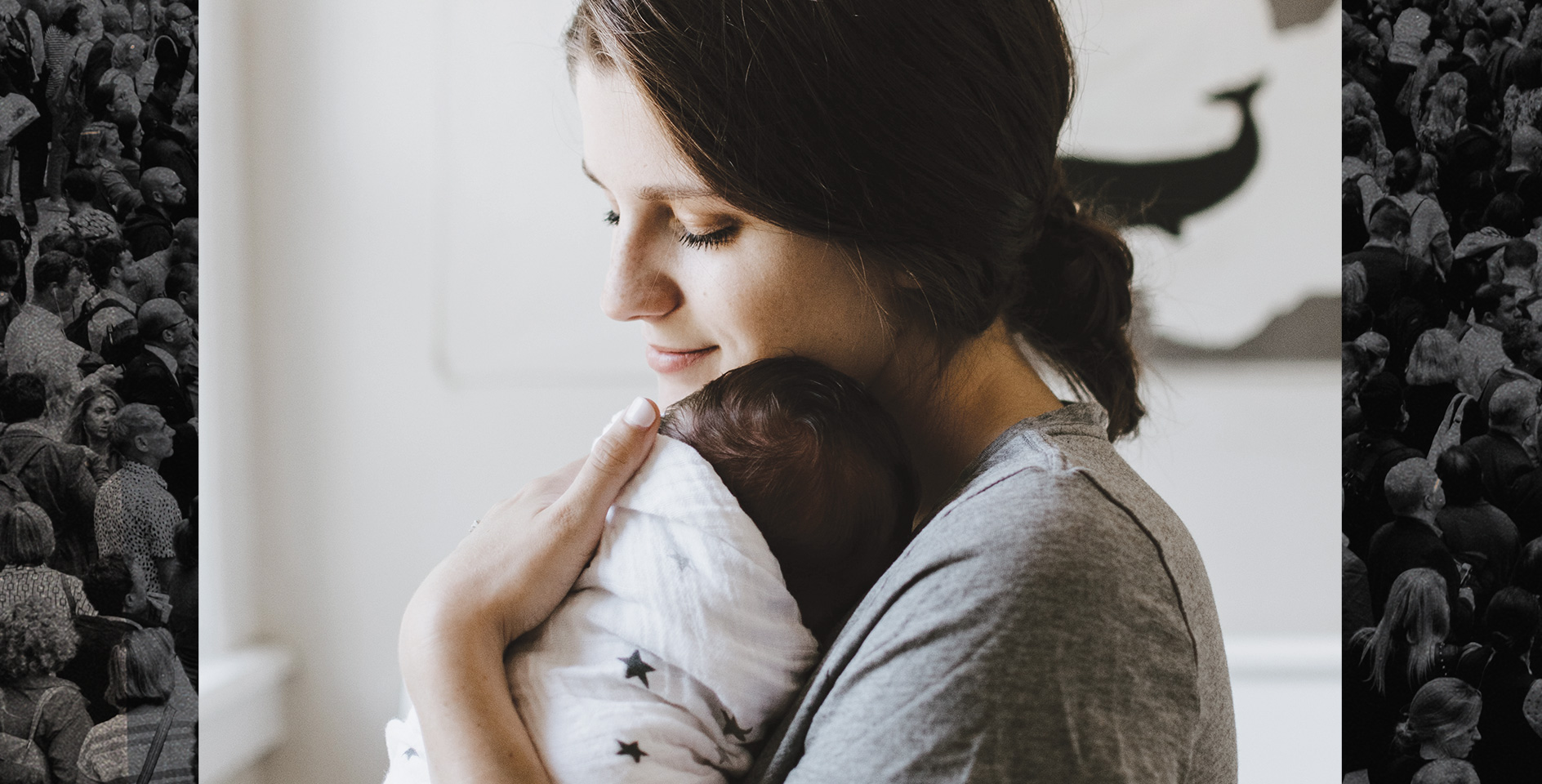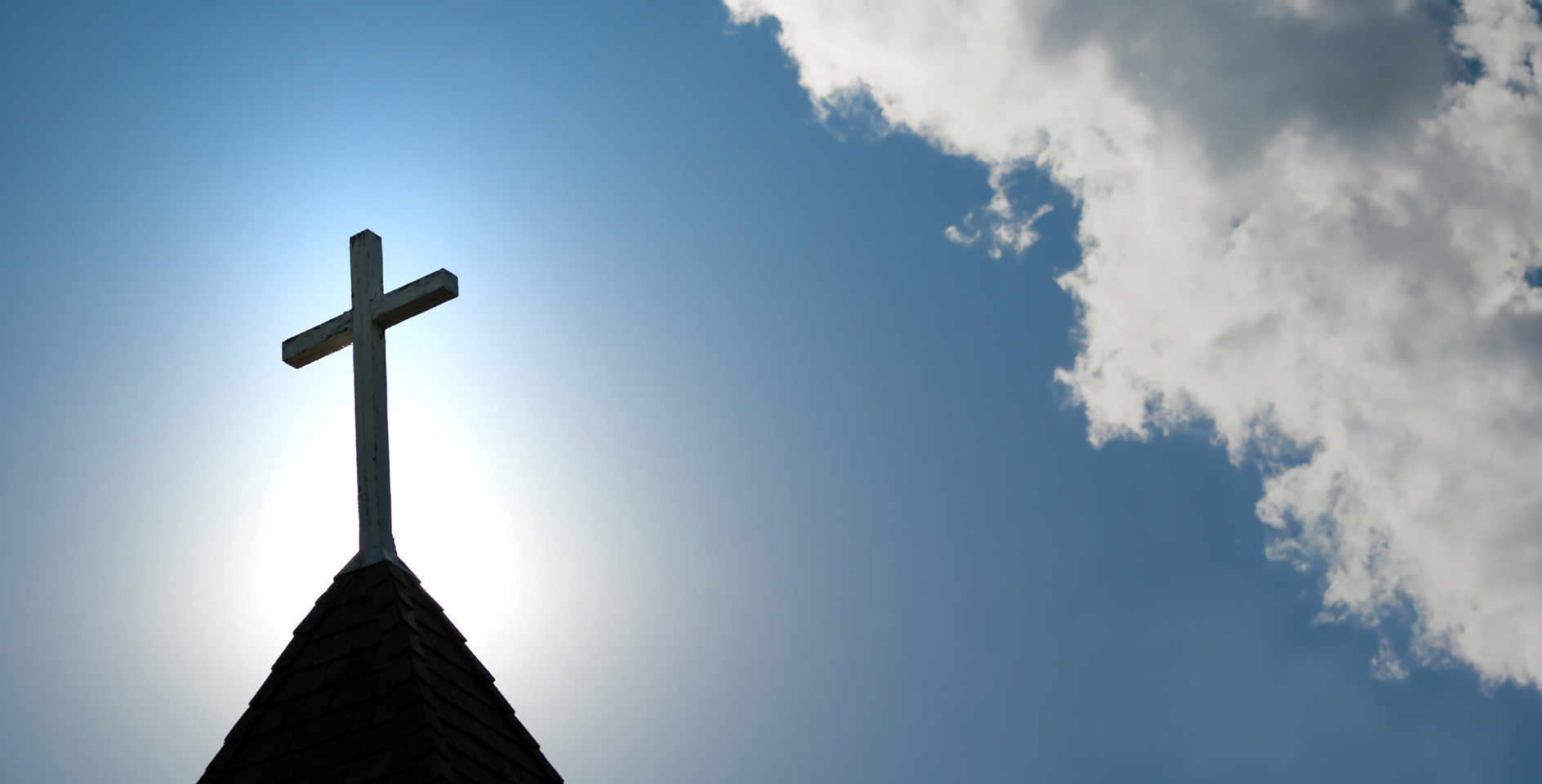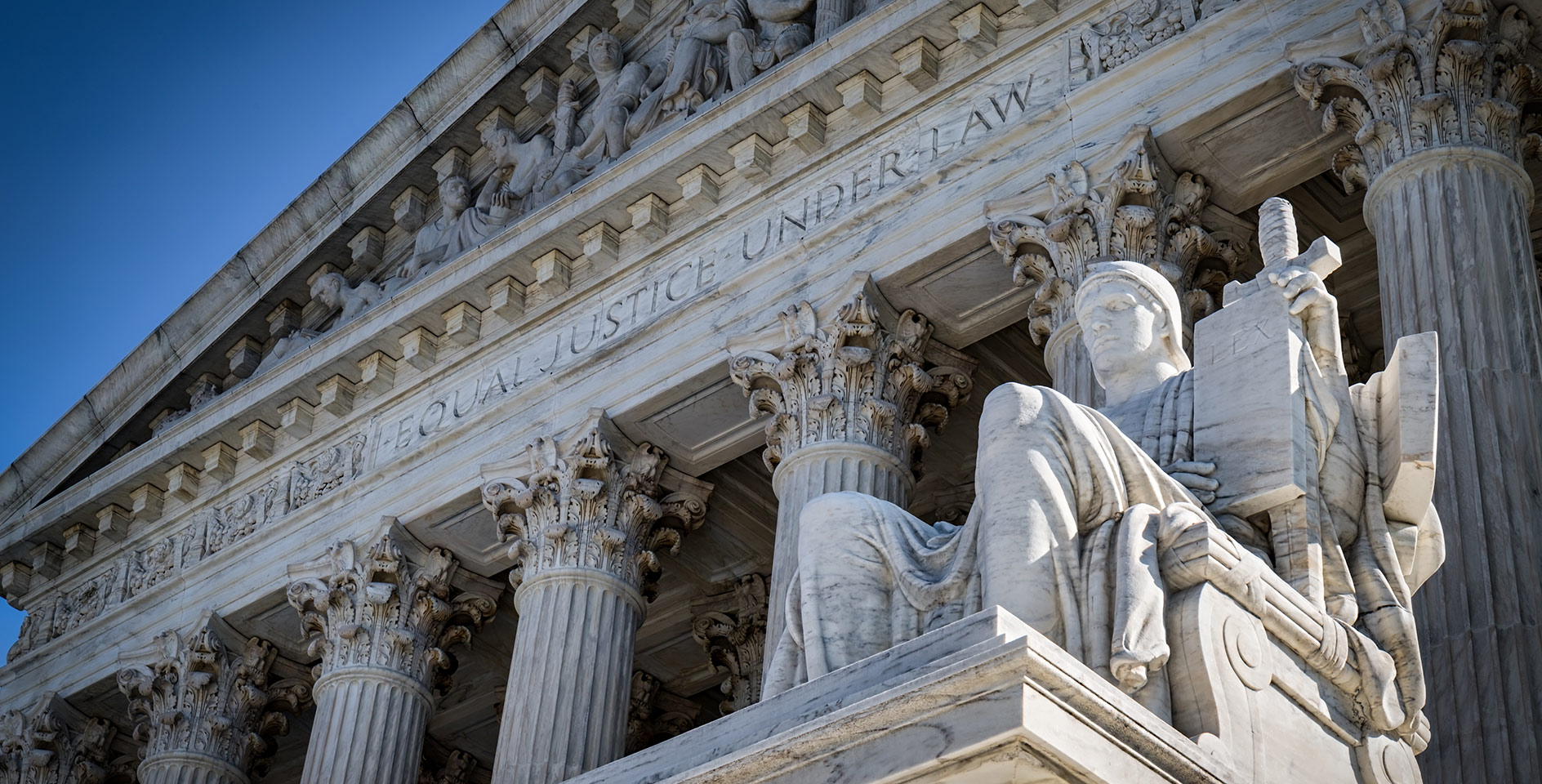“In light of the positions asserted by the parties in their supplemental briefs, the Court vacates the judgments below and remands to the respective United States Courts of Appeals for the Third, Fifth, Tenth, and D. C. Circuits.” – Zubik v. Burwell, 578 U.S. ____ (2016)
Yesterday, the United States Supreme Court handed down a major victory by unanimously ordering all parties back to the drawing board to determine how to provide full and equal health coverage, including contraceptives, to women employed by religious nonprofits without placing a substantial burden on the free exercise of such organizations. The Court did not rule on the legal merits of the case, but rather empowered the parties to resolve this conflict of law and conscience in the lower courts. This order is a big win for the Little Sisters and a prudent exercise of judicial authority in an increasingly imprudent cultural moment.
This decision from the Court may not appear at first glance to be a win for religious liberty. But, it is. Zubik is the named lead case in a consolidation of seven total cases that all challenge the contraceptive mandate in the Affordable Care Act, which requires employers to provide insurance coverage for contraceptives. The United States Department of Health and Human Services (“HHS”) promulgated an ostensible regulatory accommodation for religious non-profit organizations that requires notice be given to HHS or the organization’s insurer that the organization objects to such contraceptive coverage upon religious grounds. The consolidated cases challenged the regulation under the Religious Freedom Restoration Act (“RFRA”), arguing the regulation is a substantial burden to its religious exercise and is not the least restrictive means of serving a compelling government interest. After losing in district and appellate courts, the religious nonprofits petitioned the Supreme Court to hear their case, which the Court agreed to do in November 2015.
After oral argument and supplemental briefing, the Court chose not to rule on the legal merits of the case. The Court went to great lengths to make this clear. However, implicit in the Court’s ruling is an acknowledgement that, in fact, a less restrictive means must exist to serve this particular government interest. The federal government admitted in supplemental briefing, and the Court took note, that the regulation “could be modified to operate in [a] manner” that would not infringe religious exercise of these organizations. The Court has now directed the parties to do just that, encouraging the Courts of Appeals to “allow the parties sufficient time to resolve any outstanding issues between them.”
In addition to the implicit recognition that the HHS regulation violates RFRA, the Court explicitly prohibited the federal government from taxing the Petitioners for failure to provide notice, effectively enjoining HHS from enforcing its regulation. There is no finding of substantial burden in this decision, but the Court understands the restriction creates such a burden to warrant a mediated position. To allow HHS to enforce its regulation in the interim is to substantially burden the religious organizations.
The Court could have ruled definitively – one way or the other – on the legal merits of this case. Worst case scenario for religious freedom is if the Court had ruled the notice requirement is not a substantial burden to religious exercise and the mandate remains in place. That did not happen. Instead, the Court recognized the HHS “accommodation” was not enough accommodation for religious exercise. There is no mistaking that the decision is a loss for overreaching executive power and a win for religious freedom.
Perhaps lost in the measured excitement of the Court’s decision, though, is something Christians should applaud as faithful citizens. There are some who pine for a Court to strike a death knell in the contraception mandate altogether, affirming the privileged status of our First Freedom and humbling an administration on its last leg. And, of course, there are some who wish the Court had ruled against the religious nonprofits, finding the HHS accommodation the least restrictive means of serving a compelling government interest: access to contraception. But, the Court exhibited judicial restraint and, frankly, acted like a Court of Law.
The Court, in a seldom, but much welcomed, stroke of humility, stated in its decision:
“Although there may still be areas of disagreement between the parties on issues of implementation, the importance of those areas of potential concern is uncertain, as is the necessity of this Court’s involvement at this point to resolve them.”
Yesterday, the Court recognized the best resolution to this conflict of executive power and religious freedom is mediation and compromise between parties. The Court need not rule on every legal concern, for its role is limited. Therein lies the lesson for this administration. Christians should applaud when the Court — or any branch of government, for that matter — exercises only that authority given in our constitutional republic and no further than God intends. We understand that God has given limited authority to government and that authority does not extend to the coercion of conscience.









